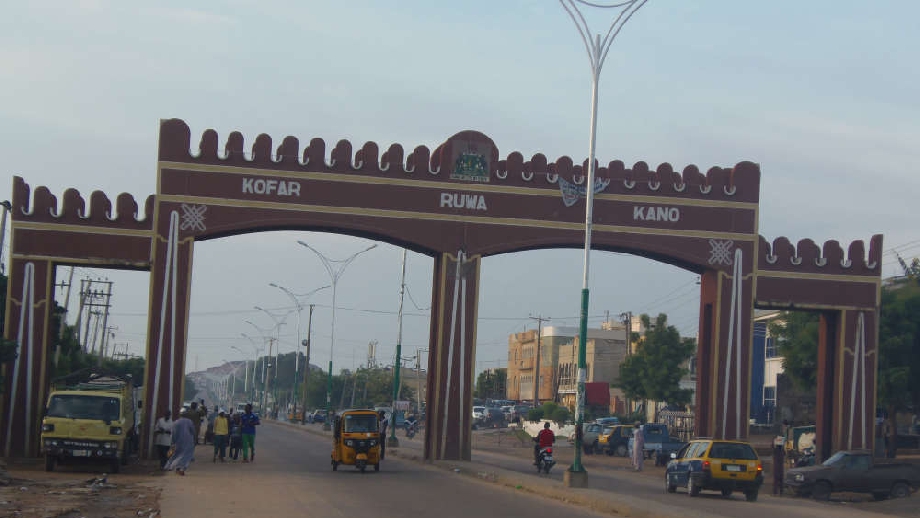
After its independence in 1960, Nigeria, along with Brazil and India was ranked as the major developing country due to its economic potential.
Sixty-two years after, Brazil is the source of 85 percent of global sugar production, while India is the fifth largest economy only behind the US, China, Japan, and Germany.
Nigeria on the other hand is still a work in progress having been confronted with several challenges sabotaging the fulfillment of its potential.
One of the major progresses achieved as a nation after independence is the independence itself.
Others include infrastructural development and 23 years of uninterrupted democratic rule.
However, at 62, Nigeria cannot boast of steady power, and ethnoreligious crisis, corruption, poverty, banditry, and insecurity are now the way of life.
Despite the white symbol signifying peace and unity in its flag, a series of agitations from various geo-political zones are posting serious security threats to the nation’s existence as an entity despite the assurances of political leaders that Nigeria’s unity is not negotiable.
With these challenges, some Nigerians interviewed separately in Kano believe the economy of the nation could have been better managed by the British colonialists.
Others think otherwise.
“Nigeria was better during colonial rule because after independence all sorts of evil started happening ranging from political, religious, and even ethnic crises. The politicians with whom the country’s affairs were left with are yet to find a lasting solution to the lingering problems,” Yunusa Muhammad said.
“In 1960 things were going relatively well. We never thought everything will change. We are indirectly being colonized by our elite,” Adamu Daurawa pointed out.
“The achievements we have made after the independence are better than before the independence because before the independence we were taken as slaves by our colonial masters.
We hope we would get good leaders in the future so that we can continue to progress. I wish Nigerians Happy 62 Independent Anniversary,” he said.
A public affairs analyst, Professor Kamilu Sani Fage frowns over the failure of political leaders to utilize the nation’s potential.
“The major progress that we can say we achieve is the independence itself. One major setback for Nigeria is the fact that to date we are yet to finish grappling with primary education.
“The living standard of the people has deteriorated.
If you compare us with countries that are less endowed than we are they are now better than we are because we are unable to utilize the resources for the benefit of Nigerians.”
Professor Fage, however, said political leaders need to invest more in education.
“To address our challenges, we must invest more in education. No country in the world will survive without investing in quality education.”
On his part, an economist, Dr. Muhammad Kani linked Nigeria’s challenges to the dependence on imported goods and services, crude oil, and bad leadership.
“Up till 1986, there was no period when a dollar was equivalent to the naira.
“But presently we are witnessing an absolute devaluation of the Nigerian currency because Nigeria that was an export-driven economy is presently an import-dependent nation,” he said.
Dr. Kani however stressed that all citizens must unite and support the government at all levels to move Nigeria forward.


